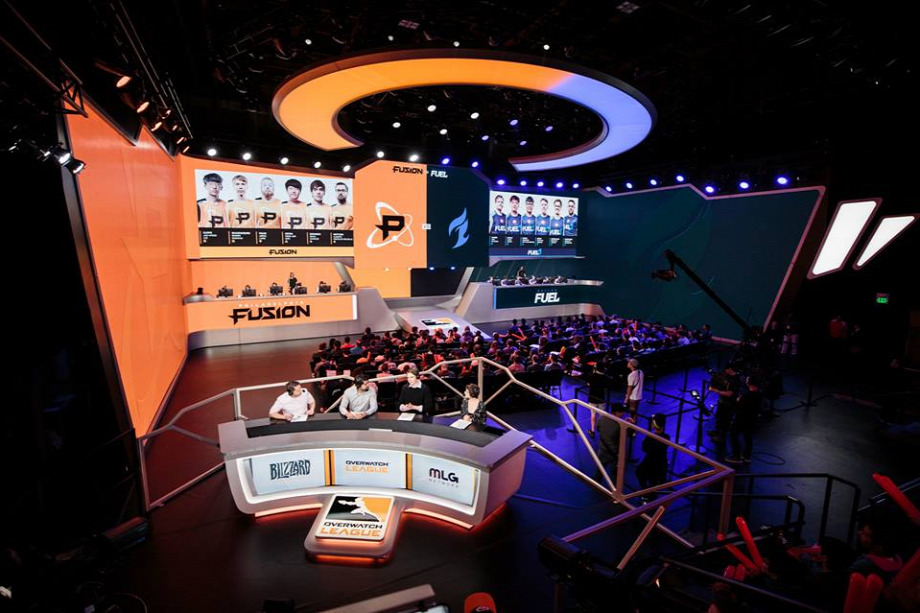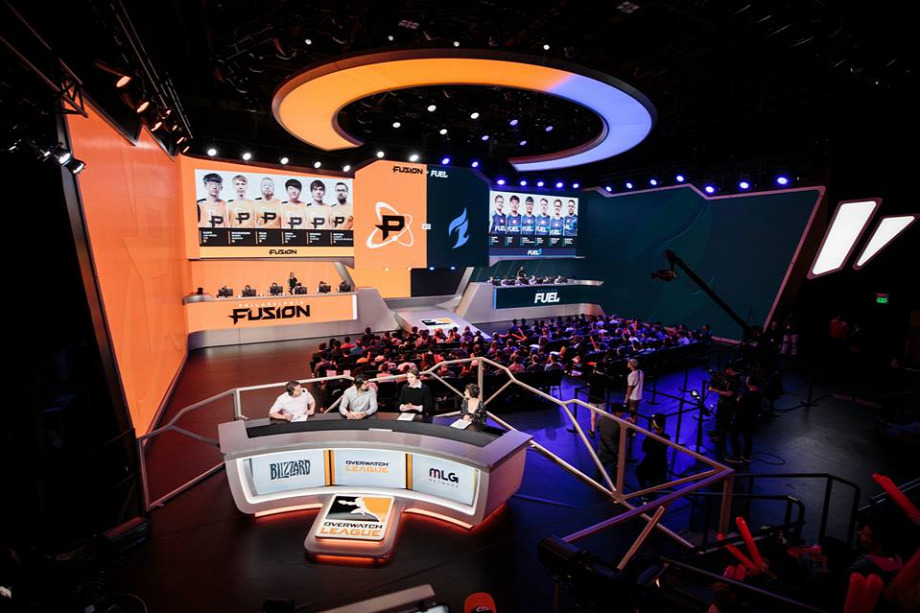Universities have a new tool to draw in more students and capital: eSports.
Photo: El Desmarque eSports.
eSports are the practice of playing video games at a competitive level, it can be as an amateur or as a professional, and it comprehends all kinds of games that can be played competitively, not just sports games.
The growth in this specific sector is phenomenal. The economy around eSports reports a 38% annual growth, these days it’s worth it’s around the billion dollars. This growth is due to eSports having the same business models as traditional sports. They mostly get their revenues from advertising, sponsorships, media rights, and merchandise licenses.
Another thing to understand the boom of eSports in the last decade is the progress of technology which now allows full-length streamings around the world to broadcast all kinds of tournaments.
From an economic point of view, it is safe to say that eSports can be as profitable to a university as a traditional sport like basketball or football. But what benefits does it give the students? Can we talk about similar advantages in comparison to classic sports teams?
Nowadays, universities are ready to offer this new breed of athletes high-quality educational programs and professional routes so they can use their gaming abilities to get a career in their desired field or prepare to make a full immersion into professional gaming.
The profile of the competitive college gamer
Despite the common belief of video games being just entertainment and primary distractors, when people play them competitively, they demand a particular profile and a set of skills that will be useful in daily life and the work market.
Competitive players need a high level of critical and strategic thinking; they must be capable of making quick decisions under pressure, and be proficient in communication and teamwork.
The idea is that all the players in an eSports training program develop the same system of values, ethics, and empathy. In short, playing eSports helps train the same kind of skills traditional sports do.
“A lot of people don’t know we also train physically. I have to go to the gym regularly, and we also have psychologists on the team.”
Sebastian Espinosa, a student at Tec de Monterrey and professional gamer athlete, talk about his experience as a competitive gamer. He trains five hours a day, gets a paycheck and juggles his responsibilities as a team member with his studies.
“To start playing video games professionally is the same as any other sport; first, you have to be individually good and apply to tryouts so you can get picked by a team.”
Espinosa also talked about the role of motivation and family, especially when you’re trying to take off in an eSports career. The most important thing for a newcomer is to be sure that playing eSports is their dream. They will also need full support from their families and loved ones, since break trough the industry is not an easy task, it demands a significant investment in terms of time and equipment before getting into a professional team.
Universities are recruiting
The growth of eSports as an economic activity has encouraged many universities around the world to offer academic programs and scholarships to gamer athletes looking to use their gaming skills to get themselves through college.
In the United States, Robert Morris University offers 19,000 dollars for board and room to League of Legends Team Members. The University of California Irvine has consistently maintained ten scholarships and has entered a sponsorship from computer and videogames companies that will secure construction of a 250,000 dollars eSports arena.
In China, Lanxiang Technical School launched a 3-year program to develop the gaming skills of students give them the necessary tools to integrate into the Chinese video game industry, which is projected to provide 260,000 jobs in the next few years.
In Mexico, Tec de Monterrey is a leader in the development of spaces for eSports, having held an internal tournament last year and later participating in the first national tournament of universities belonging to CONADIEP, which became champion.
Universities have fully integrated eSports in their dynamics as a promising resource to produce more capital and to draw in more students. There’s no doubt they are not going anywhere but up, and it would be wise to keep an eye on their growth and the educational opportunities that growth may produce.
This article from Observatory of the Institute for the Future of Education may be shared under the terms of the license CC BY-NC-SA 4.0 
)
)










)
Sofía García-Bullé
Sofía García-Bullé
Sofía García-Bullé